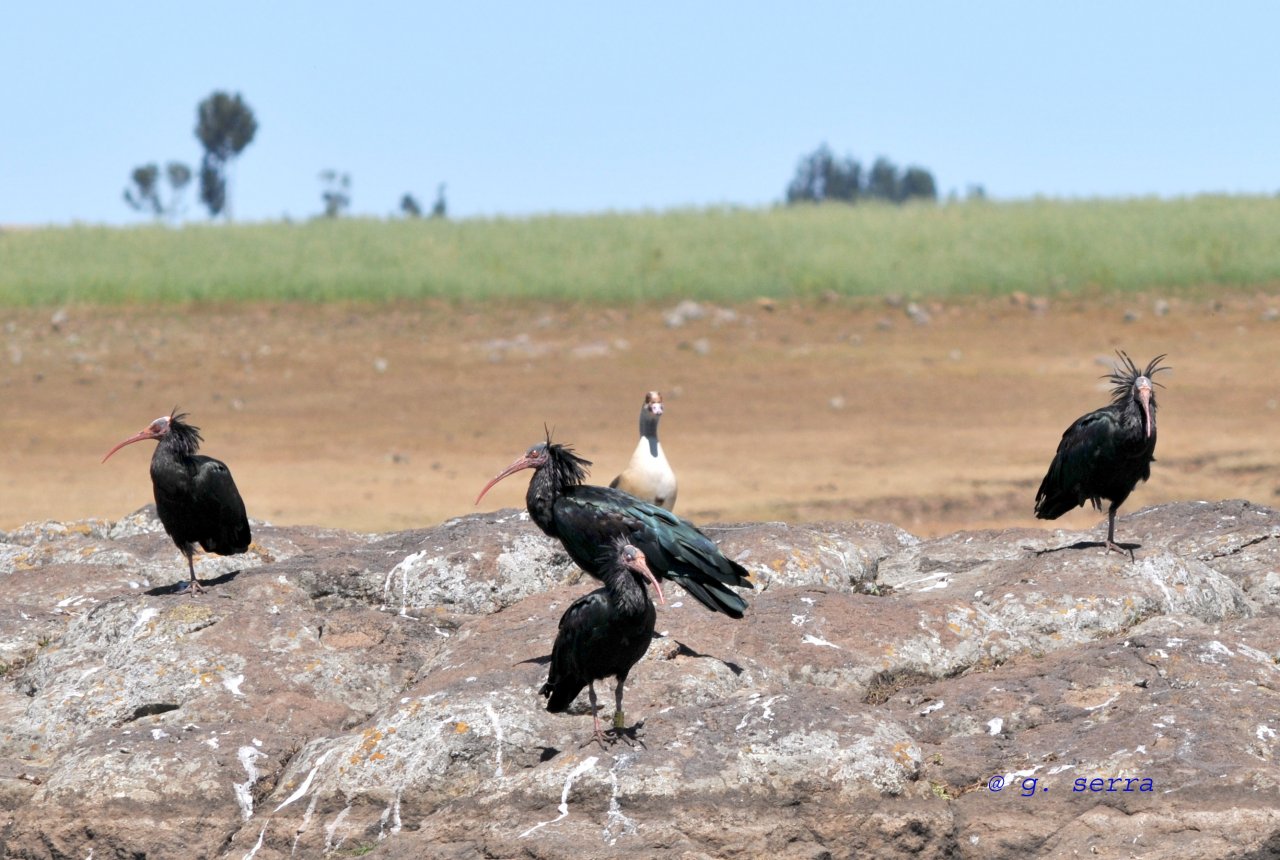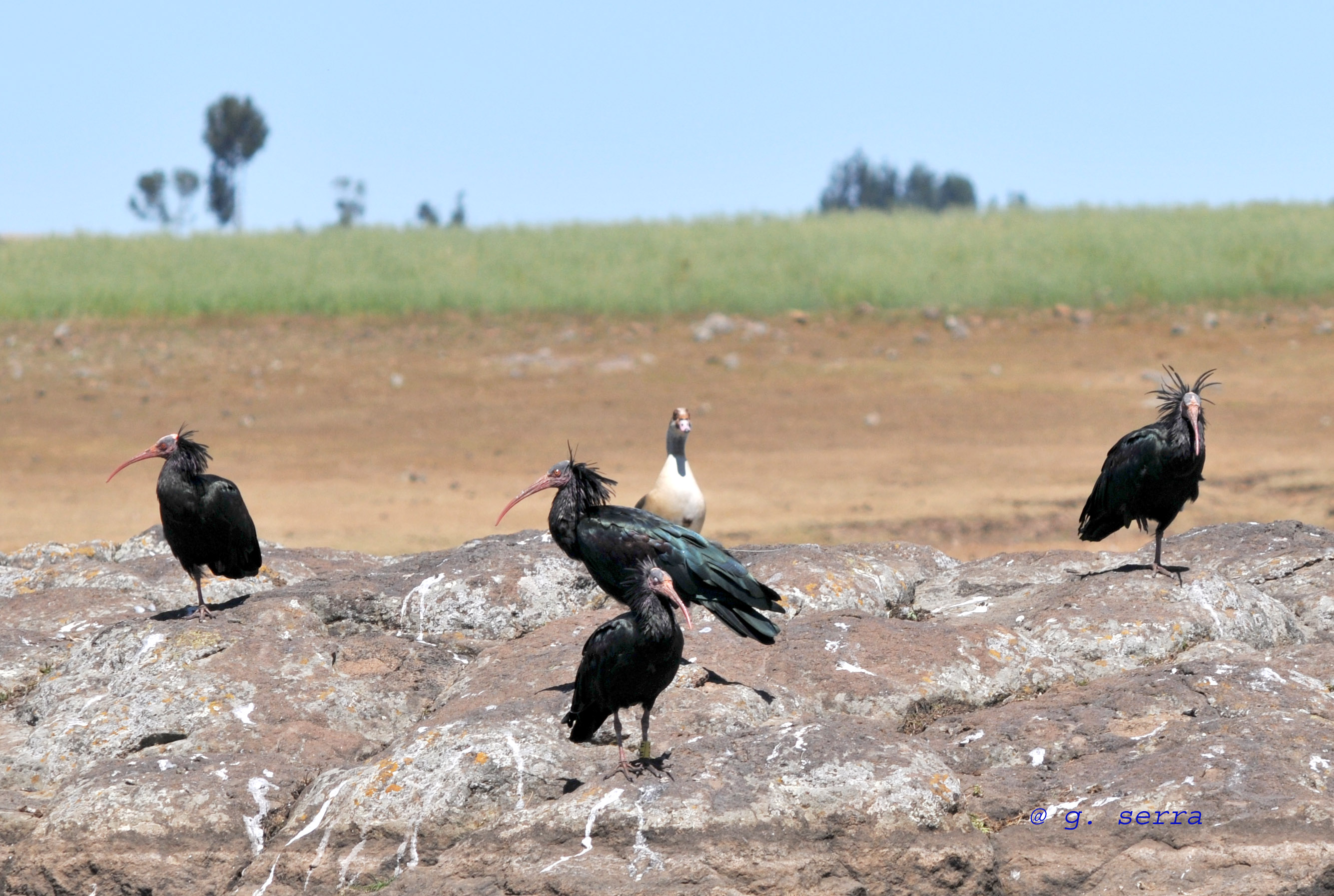ABOUT ME

I am an ecologist and conservation practitioner specialized in critically endangered animal species, protected areas management, marine biology, ornithology and traditional ecological knowledge.
During the past 28 years I have worked in four continents, mostly in developing countries, on the frontline where nature is devastated and species are vanishing.
I have worked for international organizations (UN, EU, SPREP) and for international NGOs (IUCN, BirdLife) -and quite often as a volunteer. Work and mission often are interwined....

Born in Florence in 1968, since early childhood I experienced a deep and special connection with nature and wildlife. From the teen age up to mid Nineties I have been an activist for LIPU (BirdLife Italy) and for Greenpeace Italy.
Obtained a M.Sc in behavioural ecology and marine biology at the University of Florence in 1993, I went on with a Ph.D in the same field (1997) with data collected over 3 years along the Chilean coast.
Subsequently I have carried out two postdoc researches: one at UC Berkeley (California, USA) in surveying and monitoring terrestrial predators (1997-1998) and another one with the National Wildlife Institute (Italy) in surveying and monitoring threatened seabirds in the Tuscany Archipelago (1999-2000).

From year 2000 I quit the research career to focus on frontline nature conservation through international aid. In 2018 I returned to Florence with my young family. I still work in conservation and international aid as a consultant; and as a volunteer I still support NGOs on top of raising the awareness of public opinion and school students about the current global ecological crisis and the sixth wave of mass extinctions of wildlife.
Professional Memberships
The World Conservation Union (IUCN) member of the Species Survival Commission (SSC): 2004-present | member of the Commission on Environmental, Economic and Social Policy (CEESP): 2003-present | expert of the Italian IUCN Committee: 2004-present
Society for Conservation Biology (SCB) member from 2019
Intergovernmental Science-Policy Platform for Biodiversity and Ecosystem Services (IPBES) member from 2019




.jpg)







